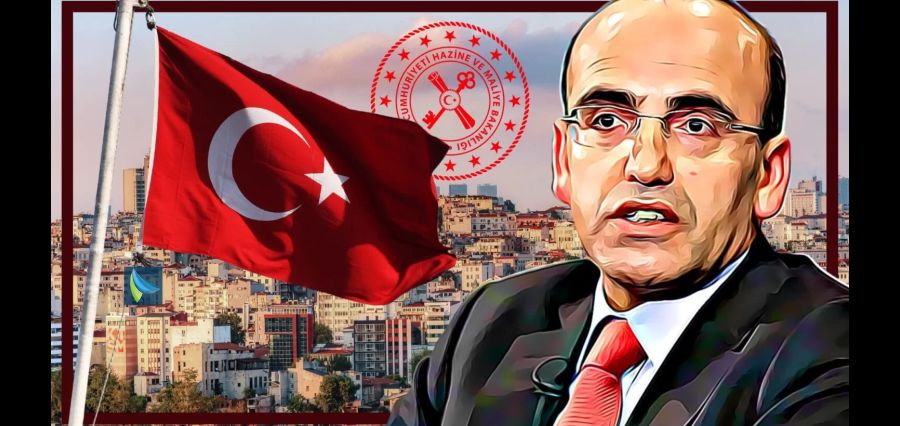Yesterday, the Central Bank of Turkey confirmed that it had returned a $5 billion deposit provided by the Saudi Fund for Development in March 2023, signalling that Turkey’s economic reforms are beginning to show positive results. The Saudi deposit came at a critical time when Turkey’s foreign reserves were severely depleted, raising significant concerns about the Turkish economy.
Before the May election last year, President Erdogan adhered to an ultra-loose monetary policy that resulted in inflation soaring to 75% and the Turkish lira plummeting to record lows against the dollar. To support the lira, the central bank sold off billions of dollars in foreign reserves, which were further strained by high consumer demand for imported goods in Turkey. It was in this context that Ankara sought support from Riyadh to maintain healthy reserve levels.
Following the election, Erdogan shifted towards more mainstream economic policies. He appointed orthodox figures to key positions, including the central bank and the finance ministry, currently headed by former Wall Street banker Mehmet Simsek.
While Turkey’s economic environment remains challenging, Simsek-led reforms—such as significantly increasing interest rates to curb inflation—are starting to yield results. Capital inflows are rising, the exchange rate has stabilized, and foreign reserves have been accumulated.
Analysts suggest that the decision to return the $5 billion deposit to Saudi Arabia demonstrates confidence, indicating that Turkey now believes it can sustain its reserves independently. Daglar Ozkan, an investment banker in Istanbul, told Disruption Banking, “This shows the central bank no longer needs or wants to artificially boost the gross reserves figure […] it is good news, the central bank is confident and abandoning unnecessary measures.”
Timothy Ash, an emerging markets economist, echoed this sentiment, stating that it is a “sign of confidence – the Simsek team have built foreign exchange reserves with gross reserves now up over $150 billion, a record high.” He added, “Having such swap facilities with other central banks is somewhat useful at a time of crisis and maximum pressure on reserves. But it’s kind of a window dressing as in reality these reserves can never really be used. Better to have hard cash on the bank of your own – and now Turkey is moving to a much better underlying position with net reserves now positive.”
For More Details: https://insightssuccess.com



















